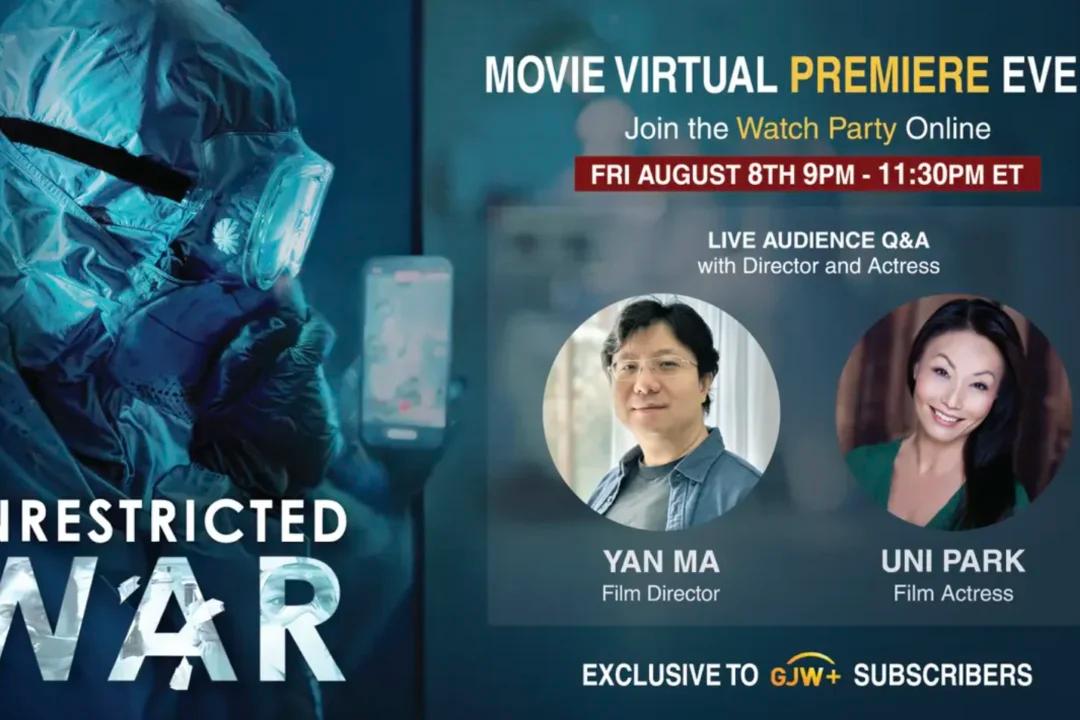“Stop the bullying.”
These words may seem to fall on deaf ears, yet the nation was swept with disgust as it watched a defenseless bus monitor, Karen Klein, being bullied by middle school students on a bus in Greece, N.Y.
The bullies made a video of their bullying and physical taunting of Klein, which they later posted on YouTube. The world reacted with support for the victim and criticism of the bullies.
According to Dr. Chuck Williams, assistant clinical professor and director of the Center for the Prevention of School-Aged Violence at Drexel University, if we are really going to put a stop to bullying, we must talk about the unmentionable: Millions of people consider bullying to be okay.
Today, through media and social networking, there is more awareness of bulling than ever, even though bullying has been around since the beginning of time, said Williams.
It’s in the history books and the fictional storybooks—the bad wolf bullied the pigs. It’s in world news—the Chinese Communist regime bullies the people. It’s in our communities and schools among the young people. Victims of bullying continue to suffer from others’ aggressions.
Williams said that while we need to promote the “stop bullying message,” we may only be only touching the surface. One of the roots of bullying, according to Williams, is that a culture which condones bullying is not being challenged.
There are professionals, as well as parents, who think that bullying is “a rite of passage and … that it will make a kid stronger,” said Williams. They think that bullying “will teach them about the realities of life … and we don’t talk about that enough.”
“We have to have a conversation as to what we really think and feel about bullying: Millions of people in this country and all over the world think that bullying is okay,” said Williams.
“Until we challenge that notion, we aren’t going to make much improvement,” he said. “What is at the heart of bullying in many instances is how we deal with differences.”
According to Williams, young people pick up on the actions of the adults around them. If adults are not engaging with or encouraging a particular social group, then the message that some people are less important than others is loud and clear.
Williams suggests that the lessons we pass on about how to treat those who are less powerful are the most important.
He asks, “Do you empower them? Do you protect them? Do you serve them? Or do you take advantage of them? These messages come from the adults and in the society. The kids internalize that and they act it out, and that’s when they start the teasing and the bullying.”
Williams said that we need to ask “the tough questions: What am I doing to contribute this? And am I teaching my kid to be a bully? Or am I teaching my kid to stand up, to prevent it?”
On this issue of bullying, everyone has a part to play—either as a victim, a bully, a bystander, or a defender. Williams suggested that every parent ask themselves what role they play and what role they want their children to play.
The Epoch Times publishes in 35 countries and in 19 languages. Subscribe to our e-newsletter.




